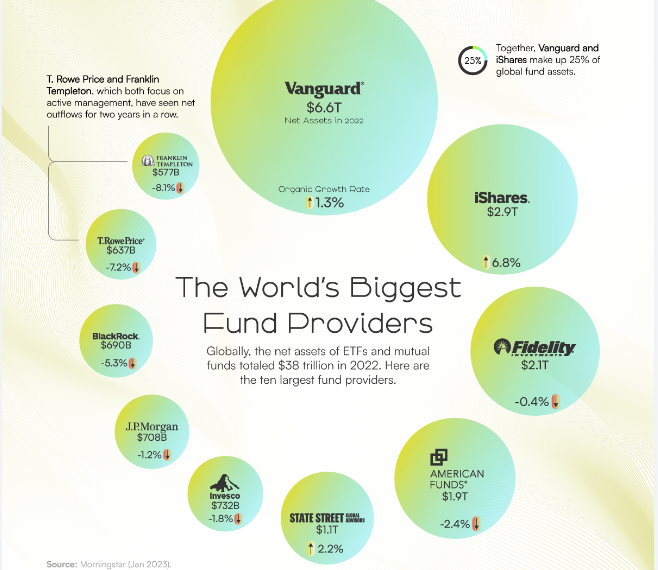Venture Capital Unveiled
- Eliav Amouyal
- Jun 11, 2024
- 4 min read
Updated: Jun 26, 2025
A Beginner’s Guide for Young Entrepreneurs
Venture capital is like the fuel that powers the rocket ships of the business world—startups with big dreams and the potential to become the next big thing. This type of funding has helped launch some of the most famous tech companies you know today, like Google, Facebook, and Uber. In this guide, we'll dive into what venture capital is, how it works, and why it’s crucial for entrepreneurs and innovators to understand.

What is Venture Capital?
Defining Venture Capital: Venture capital (VC) is a form of private equity and a type of financing that investors provide to startup companies and small businesses that are believed to have long-term growth potential. Unlike loans, venture capital is invested in exchange for equity, or partial ownership, in the companies it funds. This means that if the startup succeeds, the venture capitalists (VCs) share in that success through the increase in the value of their equity.
How Venture Capital Works:
Venture capitalists raise money from wealthy investors, investment banks, and pension funds to create a venture capital fund. The fund’s manager then looks for promising startups to invest in, hoping these companies will become valuable enough to either go public or be sold at a significant profit. When a company goes public (through an Initial Public Offering or IPO), it starts selling shares on the stock market, allowing early investors to sell their shares at a much higher price.
Comparison with Other Investments Venture capital is riskier than traditional investing because it focuses on young, often unproven companies. However, while the risk is higher, the potential for outsized returns is significant if the startups succeed. Unlike investing in public stocks, where you can buy small amounts of ownership in many companies, venture capital typically involves large investments in fewer companies.
Types of Companies That Attract Venture Capital: Typically, VC funds invest in technology, biotech, or green energy companies because these sectors have the highest potential for rapid growth. However, any company with a unique idea and strong growth potential can attract venture capital. Think about the latest app you're using or a new gadget that just hit the market—there's a good chance that venture capital played a role in bringing it to life.
Special Types of Startups
Unicorns: These are startups valued at over $1 billion. Companies like Airbnb and Stripe were once unicorns.
Zebras: Startups that focus on both profitability and improving society. They are sustainable and equitable.
Decacorns: Startups valued at over $10 billion. Examples include Uber and Snapchat.
Cockroaches: These startups are known for their resilience and ability to survive tough times.
Roles of Venture Capitalists
Choosing Investments:
Venture capitalists don't just look for good ideas; they look for ideas backed by strong teams. They invest in companies where they can add value, not just money. This means they spend a lot of time evaluating the founders' backgrounds, the business model, and the market potential. They want to ensure that the startup has a high chance of success and that their investment will grow significantly over time.
Support Beyond Money:
Apart from funding, venture capitalists provide a wealth of knowledge and an extensive network of contacts in various industries. They help with business strategy, introductions to potential customers, partners, and even future rounds of funding. This support can be crucial for young companies that need guidance and connections to grow. For example, a VC might help a tech startup connect with a major software company to form a strategic partnership, boosting the startup’s visibility and market reach.
Advantages of Venture Capital
Benefits for Startups:
Access to Capital: Startups get the necessary funds to grow and develop their products or services.
Mentorship: VCs offer invaluable advice and expertise, helping founders navigate the complex world of business.
Network: With a VC's network, startups can form strategic partnerships and attract further investment.
Credibility: Having a reputable VC on board can enhance a startup's credibility, making it easier to attract top talent and additional funding.
Challenges of Venture Capital
Potential Downsides for Entrepreneurs:
Loss of Control: By accepting VC funding, founders often give up a significant share of their company and may have to share decision-making power.
High Expectations: VCs expect high returns on their investments, putting pressure on startups to grow quickly and sometimes take on more risk.
Exit Strategy: VCs typically look for an exit within 5-7 years, which means they want to see a clear path to selling the company or going public, which can influence the company's strategic direction.
Conclusion
Venture capital is a powerful tool that can propel startups to new heights, offering not just money but also expertise and connections. However, it comes with its own set of challenges that young entrepreneurs need to understand. By learning about venture capital, you can better appreciate how some of the world’s most innovative companies get their start and make more informed decisions if you ever decide to embark on your entrepreneurial journey.



Comments